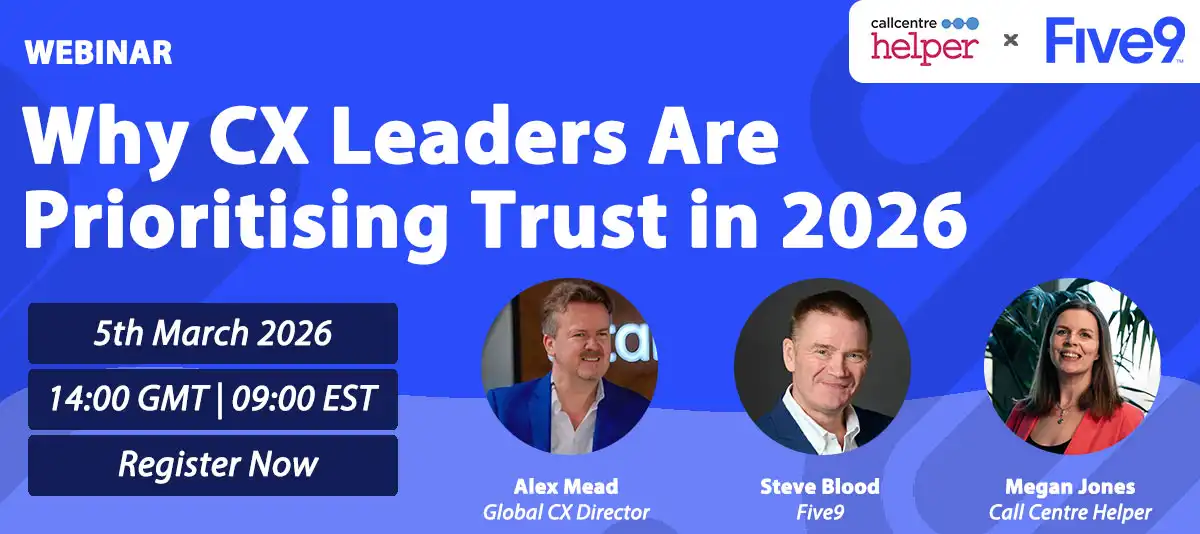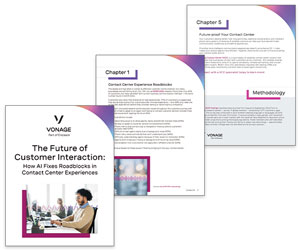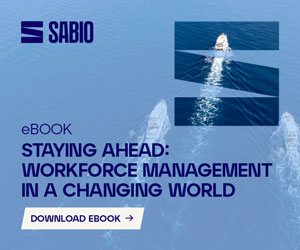Paul Cooper writes about customer service from 10 years in the future.
Looking back to 2013 from today – 2023 – it’s difficult to conceive of how it must have felt to be a customer back then. Low-cost airlines (whatever happened to them!) didn’t let you sit where you wanted; supermarkets forced you to queue and the more you bought, the longer they made you wait; car dealers didn’t know that women make up 50%+ of the population, and when they did were blatantly sexist; and electrical retailers thought that as long as they forced an extended warranty down your throat then they could ignore you in the shop (whatever happened to them?) until they’d finished their conversation with their colleague, and then they were rude.
It was no better on the phone – you could hang on for hours trying to get through to a contact centre (whatever happened to them?) which had a multi-option answering system that was in a permanent loop, and played Vivaldi interminably in-between, and then, once through, you couldn’t understand a word they said, and they didn’t believe you anyway as, according to them, your postcode didn’t exist, so you couldn’t be who you said you were. The words “It’s against company policy” were the proof you should just give up and stop pestering them.
Ah, the good old days!
However, back then, there was a truism that still applies today. There were some organisations who were terrific at listening to the customer and providing great customer service, and there were those who were terrible and couldn’t give a damn.
Of course, none of the latter are still with us – all gone broke – but we’ve still got the gap between good and bad, and it’s even wider. Great old traditional names in the market, like First Direct, Virgin, John Lewis, or Prêt a Manger, or Tesco go on getting better, but there are always some new players who still don’t get it. Ah well, they won’t be around long.
In business to business, too, the pendulum has completely swung from relationships based on keeping a certain distance from each other to true working partnerships, with both parties working for the common good and understanding each other’s markets and issues.
This has developed from the early ideas of outsourcing certain operations of the organisation to realising that letting these things go, and not staying in touch, as with one’s customer base, for example, is tantamount to abrogation.
The realisation that actually the customers are the most important asset an organisation has may have started as buzzword concept in the late noughties, but now it is clearly recognised as the only way to go.
By all means, outsource things that can be done by anyone, like HR, IT, Legal Affairs or, more and more, management, but never one’s customers or, equally important, one’s own people.
Oh yes, and back then, companies all had their own computers! How quaint!
Another thing that has gone on getting more and more important in the truly great businesses is the importance of customer loyalty. Whilst many organisations go on spending ten times more money on trying to recruit new customers than keeping their old ones, those who are switched-on realise that loyal customers – really loyal ones – are the best salesforce that one can have, and that customer advocacy is the most efficient way to profit.
Again, this is just as true in B2B as B2C, but has taken longer to take hold due to antiquated ideas on confidentiality and fear of loss of business. Still, now that almost all organisations are structured to have their sales and marketing teams reporting into customer service, hopefully this will go on getting better.
To summarise
Whereas in the past, firstly, the customer was ignored, then recognised, then made king, nowadays the whole concept has no barriers. Customers, individual or organisation, are an integral part of an organisation’s operations and structure.
They are involved, listened to, consulted, and served: and the most important customer of them all remains the one inside – the customer service professional who is working for you, dedicated to ensuring that you are a long-term success.
Paul A Cooper is a Director at Customer Plus
Author: Jo Robinson
Published On: 15th May 2013 - Last modified: 28th Oct 2025
Read more about - Customer Service Strategy, P Cooper, Predictions, Service Strategy





































